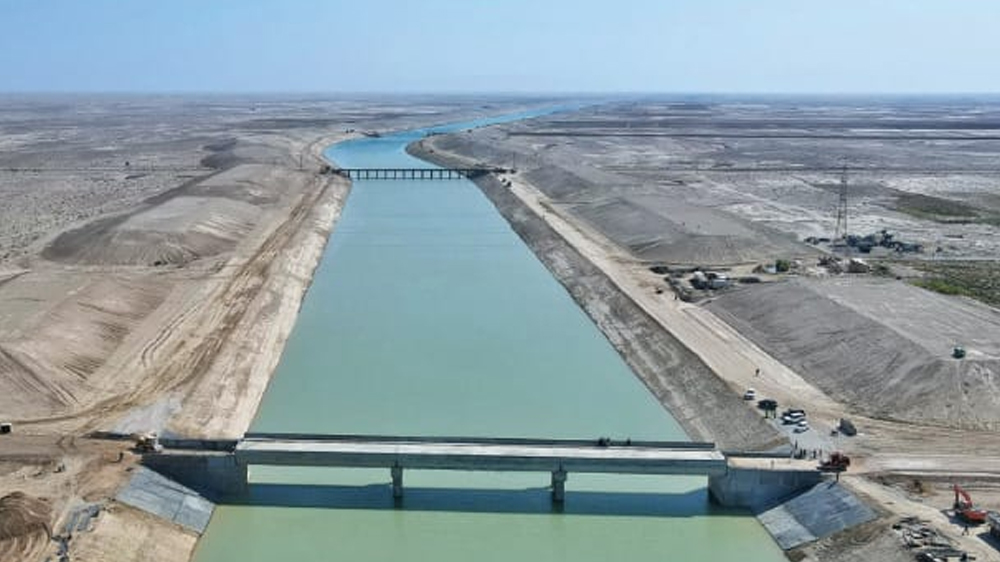Kazakhstan’s deputy minister of water resources and irrigation, Aslan Abdraimov, issued a warning regarding the construction of the Qosh Tepa Canal in Afghanistan.
Speaking at a conference in Astana, he stressed that the canal poses a threat to Kazakhstan’s water security and could significantly reduce the flow of the Syr Darya River within Kazakhstan.
According to the Times of Central Asia, the head of the Baytaq Kazakhstan party also stated that the Qosh Tepa Canal could divert 25 to 30 percent of the Amu Darya River’s water.
Kazakh officials believe that the canal would reduce the water supply to Uzbekistan and Turkmenistan, which may in turn lead Uzbekistan to extract more water from the Syr Darya—potentially decreasing Kazakhstan’s access to the river by up to 40 percent.
In response to these statements, officials from the Taliban emphasized that the canal’s construction would not harm any neighboring country.
Abdul Latif Nazari, Taliban deputy minister of economy, said: “The Qosh Tepa Canal will not harm any of our neighboring countries. The Taliban’s foreign policy is based on the principle of good-neighborliness with all countries, including those in Central Asia.”
The report also noted that the potential impact of the Qosh Tepa Canal on Central Asia’s water security was a key topic at a recent international conference in Astana, where representatives from Tajikistan, Kyrgyzstan, Afghanistan, and Turkmenistan discussed the project’s implications and broader issues related to regional water distribution.




